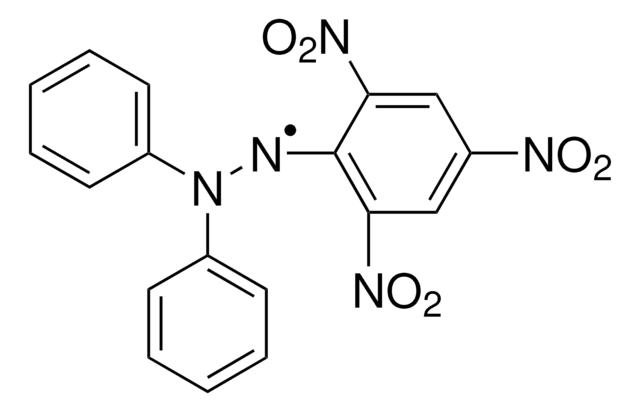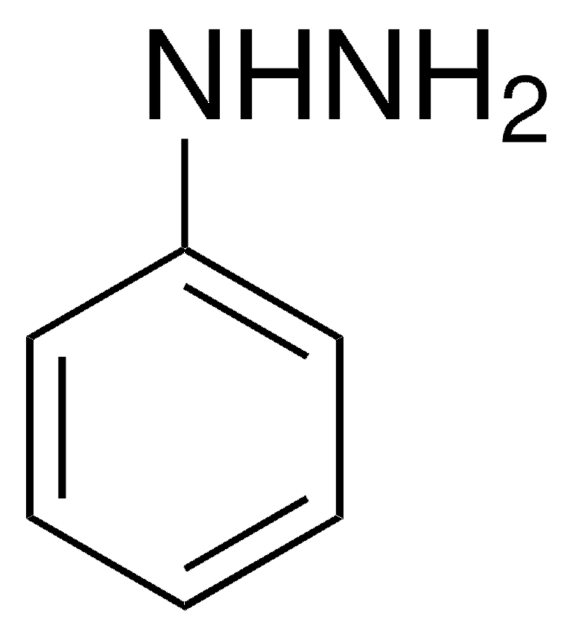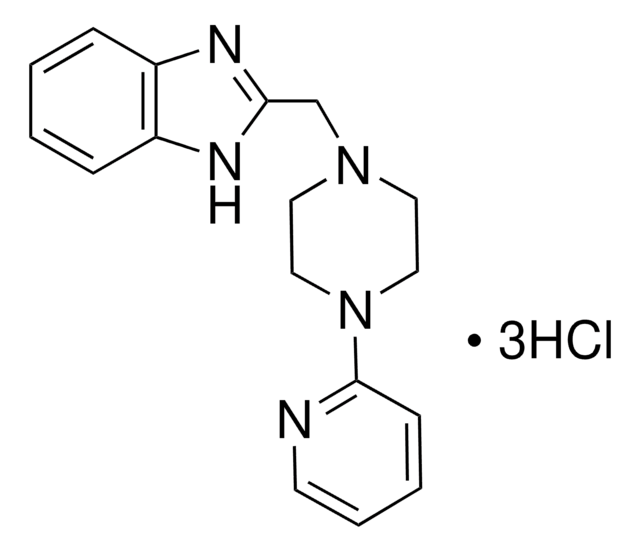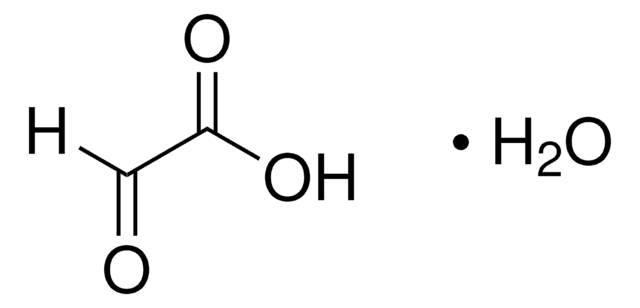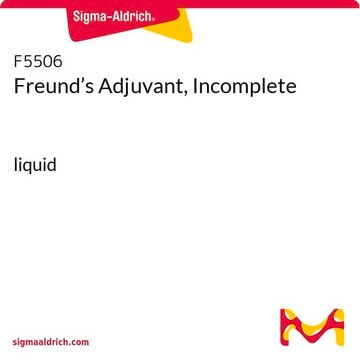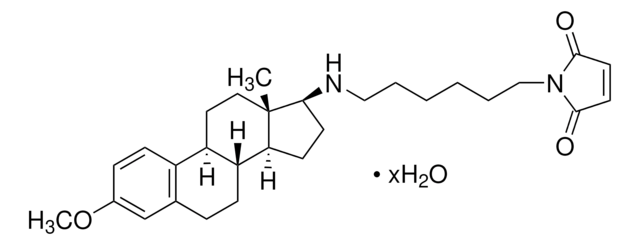SAE0066
Adenylyl Cyclase Toxin from Bordetella pertussis
Zaloguj sięWyświetlanie cen organizacyjnych i kontraktowych
About This Item
Kod UNSPSC:
12352200
NACRES:
NA.26
Polecane produkty
pochodzenie biologiczne
Bordetella pertussis Tohama I
Poziom jakości
Próba
≥70%
Formularz
liquid
aktywność właściwa
≥ 50 units/mg protein
metody
cell culture | mammalian: suitable
przydatność
suitable for molecular biology
Zastosowanie
detection
temp. przechowywania
−20°C
informacje o genach
Bordetella pertussis Tohama I ... CyaA(69600712)
Opis ogólny
Research area: IMMUNO AND CKS
Adenylate Cyclase Toxin (ACT or CyaA) is a member of the extensive family of toxins known as Repeat in Toxin (RTX), which are produced by Gram-negative organisms. ACT is encoded by the cyaA gene and secreted extracellularly in the form of a soluble protein. It exhibits both adenylate cyclase enzymatic activity and hemolytic activity. The synthesis, maturation, and secretion of ACT are regulated by the CyaCABD operon. Moreover, its specific cellular receptor, CD11b/CD18 integrin (αMβ2, Mac-1, or CR3), is expressed on myeloid phagocytes.
Adenylate Cyclase Toxin (ACT or CyaA) is a member of the extensive family of toxins known as Repeat in Toxin (RTX), which are produced by Gram-negative organisms. ACT is encoded by the cyaA gene and secreted extracellularly in the form of a soluble protein. It exhibits both adenylate cyclase enzymatic activity and hemolytic activity. The synthesis, maturation, and secretion of ACT are regulated by the CyaCABD operon. Moreover, its specific cellular receptor, CD11b/CD18 integrin (αMβ2, Mac-1, or CR3), is expressed on myeloid phagocytes.
Zastosowanie
Adenylyl Cyclase Toxin from Bordetella pertussis has been used as Gα(i/o) inhibitor to study the involvement of the sphingosine 1-phosphate receptor 2/Gα(12/13)/MAPK signaling pathway in the priming and activation of NLRP3 inflammasome during cholestatic liver injury.
Działania biochem./fizjol.
Adenylate Cyclase Toxin (CyaA) is responsible for inhibiting the phagocytic activities of neutrophils and macrophages by impairing oxidative response and chemotaxis, ultimately leading to cell apoptosis or necrosis. Additionally, ACT can upregulate the expression of MHC class II and costimulatory molecules on dendritic cells, thereby reducing proinflammatory cytokine production.
Ta strona może zawierać tekst przetłumaczony maszynowo.
Kod klasy składowania
10 - Combustible liquids
Klasa zagrożenia wodnego (WGK)
WGK 3
Temperatura zapłonu (°F)
Not applicable
Temperatura zapłonu (°C)
Not applicable
Wybierz jedną z najnowszych wersji:
Certyfikaty analizy (CoA)
Lot/Batch Number
Nie widzisz odpowiedniej wersji?
Jeśli potrzebujesz konkretnej wersji, możesz wyszukać konkretny certyfikat według numeru partii lub serii.
Masz już ten produkt?
Dokumenty związane z niedawno zakupionymi produktami zostały zamieszczone w Bibliotece dokumentów.
Klienci oglądali również te produkty
Lei Hou et al.
Journal of molecular medicine (Berlin, Germany), 99(2), 273-288 (2021-01-04)
NLRP3 inflammasome-driven inflammation represents a key trigger for hepatic fibrogenesis during cholestatic liver injury. However, whether sphingosine 1-phosphate (S1P) plays a role in NLRP3 inflammasome priming and activation remains unknown. Here, we found that the expression of NLRP3 in macrophages
Yao Wei et al.
Nature communications, 11(1), 941-941 (2020-02-20)
Oxidative stress is a major pathogenic mechanism in Parkinson's disease (PD). As an important cellular antioxidant, glutathione (GSH) balances the production and incorporation of free radicals to protect neurons from oxidative damage. GSH level is decreased in the brains of
Nasz zespół naukowców ma doświadczenie we wszystkich obszarach badań, w tym w naukach przyrodniczych, materiałoznawstwie, syntezie chemicznej, chromatografii, analityce i wielu innych dziedzinach.
Skontaktuj się z zespołem ds. pomocy technicznej




